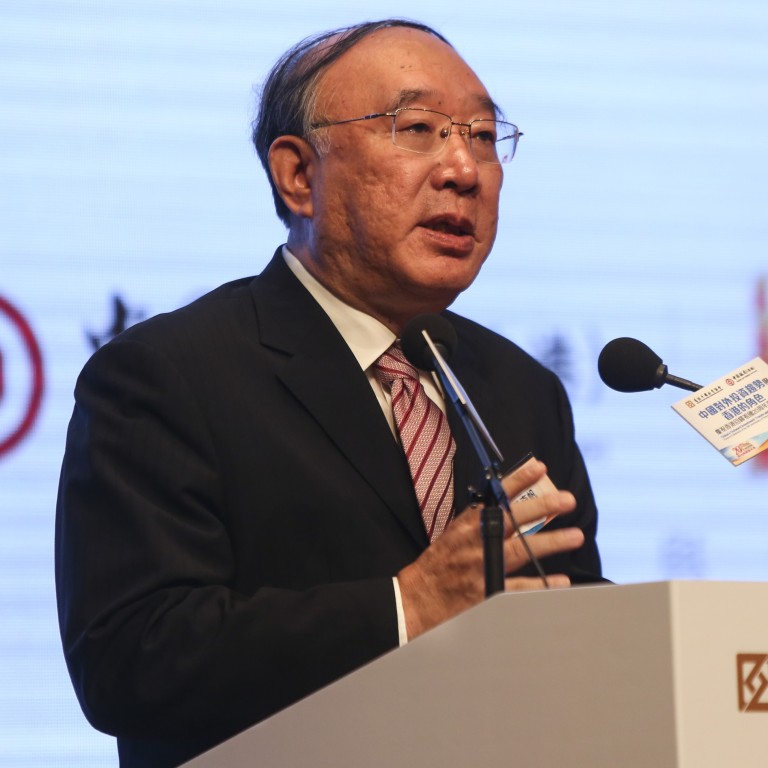
Chongqing’s outspoken ex-mayor speaks his mind about China’s Big Tech companies, offering peek into Beijing’s thinking
- Former Chongqing mayor Huang Qifan warned that business models relying on harvesting data and taking advantage of human weakness will not work in the future
- The warning from Huang offers a rare peek into the thinking from Beijing, which has been tightening regulations on Big Tech
Huang Qifan, the outspoken former mayor of China’s largest municipality, has offered a stern warning to China’s technology firms in a speech that serves as a commentary on business practices in the industry.
In a speech at the China Internet Conference in Beijing on Tuesday, Huang said that existing business models of internet firms will no longer work in the coming decade.
“Taking advantage of weaknesses in human nature to entice purchases is actually unscrupulous or even against the law,” said Huang, whose speech was published by the conference organiser Internet Society of China. “The future competition of the internet economy has to take place in a fairer and more trustworthy environment, and companies that design their products targeting human weakness will have a hard time surviving in the long term.”
Alibaba, Tencent, ByteDance and others sign antitrust pledge
The speech by Huang, who ran Chongqing from 2010 to 2016 and has since given up all government posts, is considered important because it offers a rare peek into the thinking at the highest levels of the Chinese government since Beijing started cracking down on Big Tech late last year.
Huang, who attended the conference as a guest professor at Tsinghua University, said the country’s tech companies have four “outstanding problems”: seeking scale and monopolistic power by burning money, designing products that take advantage of human weakness, collecting excessive user data, and charging unfair prices by abusing data.
“This type of business model does not produce optimal allocation of resources, and has a limited contribution to overall value creation in society,” Huang said.
He also said the collection of unessential data – which is not needed for digital services to operate – and requesting excessive permissions on users’ devices “will no longer work as laws and regulations in the tech sector continue to mature”.

07:30
Why China is tightening control over cybersecurity


